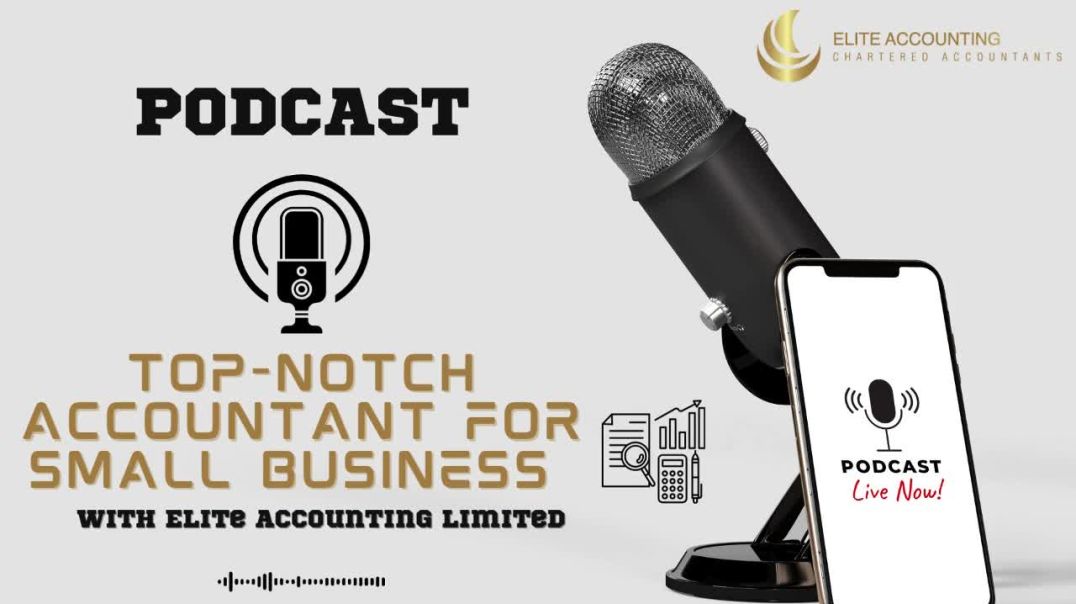4.9K Views· 12 August 2022
Mastering Backlink Management: Your Essential Guide | SEMrush Academy Lesson 1/7
Unlock the secrets of effective backlink management in this first lesson of our comprehensive 7-part series at SEMrush Academy. Backlinks are critical for improving your website's authority, enhancing SEO performance, and driving organic traffic. This lesson will introduce you to the essential strategies for identifying high-quality backlinks, monitoring your link profile, and leveraging competitor insights to strengthen your online presence. Join us as we delve into core topics such as backlink analysis, link-building techniques, and tools that streamline your backlink management process. Whether you're a beginner or looking to refine your existing skills, this lesson provides valuable insights to elevate your SEO strategy. Start your journey toward mastering backlink management today! #BacklinkManagement #SEO #SEMrushAcademy #LinkBuilding #DigitalMarketing #OrganicTraffic #WebsiteAuthority #SEOStrategy
Watch more videos in this category: https://vidude.com/videos/category/772



























0 Comments